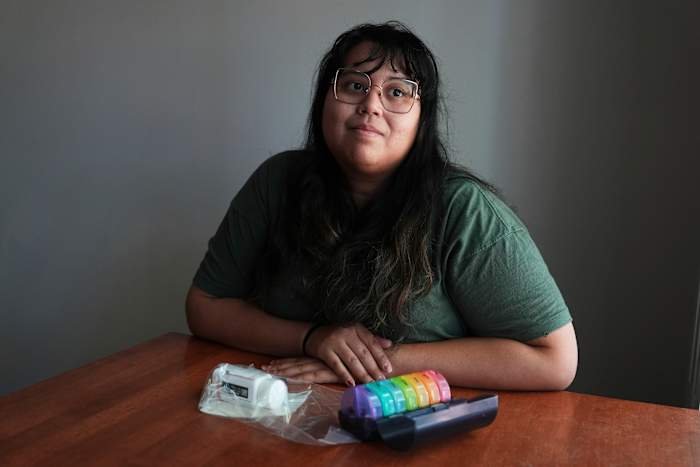Orlando, FL — Health care access is a vital concern for many families in Central Florida. With the recent tax and spending bill signed into law by President Donald Trump earlier this summer, experts warn that the ripple effects could be severe. According to new research, many Americans—including thousands here in Orlando—may soon face delayed treatments, canceled doctor visits, and skipped prescriptions as a result of losing their health insurance coverage. As the impact begins to unfold, it’s clear that the law could bring both financial and health-related hardships to our community.
Understanding the Changes: What the New Law Means for Insurance
The tax and spending legislation made several key changes affecting health insurance coverage. Among the most significant was the removal of the individual mandate—the requirement that most Americans carry health insurance or pay a penalty. Without this mandate, fewer people are expected to enroll in health plans, particularly through the Affordable Care Act marketplace.
For Orlando residents, this change could mean that some individuals will opt out of coverage due to cost, while others may lose their insurance altogether if premiums increase or subsidies decrease. According to health policy analysts, these changes will likely lead to an uptick in uninsured rates, especially among low- and moderate-income families in the Orlando area.
Delayed Care and Skipped Prescriptions: The Human Cost
Researchers at the Urban Institute and the Kaiser Family Foundation predict a worrying trend: as insurance coverage declines, delayed medical care and skipped prescription medications will rise. In Orlando, where chronic illnesses such as diabetes and heart disease are prevalent, this could have life-threatening consequences.
Without insurance, families may put off routine checkups, ignore early symptoms of illness, and decline necessary treatments due to cost. Local health providers, like Orlando Health and AdventHealth, have already expressed concern about a possible surge in emergency room visits—often the last resort when preventive care is inaccessible. Skipping medications, especially for conditions like hypertension or asthma, can lead to severe complications and higher costs down the line.
Financial Strain: Medical Debt on the Rise
One of the most immediate effects of losing health coverage is the risk of falling into medical debt. Studies show that medical expenses are a leading cause of bankruptcy in the United States. For Orlando families already struggling with housing and transportation costs, an unexpected medical bill can be devastating.
If insurance coverage drops, more residents will face out-of-pocket expenses for doctor visits, hospital stays, and prescription drugs. This financial strain can force choices between paying bills, buying groceries, and seeking needed medical care. Local organizations, such as the Health Care Center for the Homeless, may see increased demand for their services as more residents find themselves unable to afford care.
Who’s Most at Risk in Orlando?
The impact of the tax and spending law will not be felt equally across Orlando. Vulnerable groups—including low-income families, part-time workers, and those with pre-existing conditions—are most at risk. Orlando’s large service industry workforce, which often relies on employer plans with high deductibles or lacks coverage altogether, could see significant fallout.
Additionally, children and seniors are not immune. Some families may decide to forego coverage for their kids due to cost concerns, while older adults not yet eligible for Medicare may struggle to afford private insurance. Community health advocates urge those affected to seek help through local clinics, non-profits, and government programs, but warn that resources are limited.
How Orlando Is Responding
In the face of these challenges, local leaders and health organizations are taking action. The Orange County Health Department is working to expand awareness of available resources, including free or low-cost clinics and prescription assistance programs. Advocacy groups in Orlando are also stepping up efforts to educate residents about their rights and options under the new law.
Some local hospitals are increasing their charity care budgets, anticipating a higher volume of uninsured patients. Meanwhile, state legislators from Central Florida are pressing for solutions to protect vulnerable populations, such as expanding Medicaid or increasing funding for public health programs.
Conclusion: What’s Next for Orlando Residents?
As the effects of the new tax and spending law begin to unfold, Orlando residents must be vigilant. The risk of delayed care, mounting medical debt, and worsening health disparities is real. Staying informed about available resources, advocating for policy changes, and supporting local health initiatives will be crucial steps for our community.
How has the new law affected you or your family? Are you worried about losing insurance or facing higher medical bills? Share your thoughts and experiences in the comments below—your voice matters in the ongoing conversation about health care in Orlando.
















